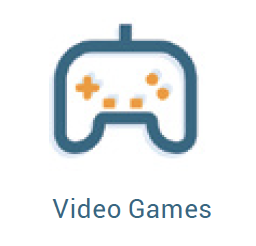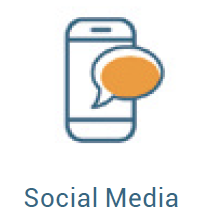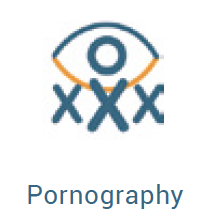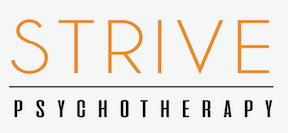During this time of physical distancing and sheltering-in-place, we are all relying on our devices more than ever to stay connected with our loved ones, as well as fellow students and colleagues. Using our devices for this purpose is not problematic and in most cases, enables us to feel a real sense of connection and relatedness, which are important factors in preventing and minimizing mental health problems, such as anxiety and depression. However, spending too much time immersed into screens and digital media can become problematic and negatively impact academic and work performance, health and wellness and our relationships.
The way we engage in digital media via the screen comes in all shapes and sizes. There are many applications that promote prosocial connection and fun, such as utilizing Zoom to connect with friends, playing virtual boardgames with those who live afar, or engaging in a fitness class that is live-streamed. And there are digital media applications that are very immersive and can lead to increased isolation. They provide a safe haven where the user, for a time, is able to escape from reality and avoid difficult feelings and experiences in their life. Video games are often sought out for this purpose and as a result engaging in video games for these reasons may lead to the user experiencing mental health issues, physical complications and sleep difficulties to name a few problem areas. To be fair and depending on who you ask, applications such as video games can promote positive social connection. This especially applies in our current times and may look like playing video games with friends that you cannot meet up with in person due to the COVID-19 requirements. The key is balance; being able to engage in these online platforms while also maintaining your responsibilities, health and wellness.
What Does Problematic Use Look Like?
Digital Media Overuse (DMO), commonly known as “Internet or technology addiction,” interferes with academic and workplace success, leads to sleep problems, increases social isolation, and negatively affects physical and mental health. DMO involves the compulsive and problematic use of digital devices that support online platforms for gaming, pornography, spending, social media and information/entertainment overload.
Co-existing issues & diagnoses commonly associated with DMO includes, but is not limited to:
- Anxiety Disorders • ADHD
- Academic Challenges • Autism Spectrum Disorder
- Executive Function Deficits • Substance Abuse
- Family Conflict • Aggression & Self-Harm
- Mood Disorders • Employment Difficulties
Digital Media Overuse Checklist
If you have concerns about your use of digital media or a family member, complete this checklist to learn more. DMO impacts everyone differently. If, after completing this checklist, you feel concern about DMO being a problem, contact us and we will provide you with direction and information to support you to make changes.





- As a parent do you struggle to set limits on your child’s digital media use because they get aggressive or threatening when you attempt to do so?
- Do you struggle to control the time you spend on digital media?
- Have you stopped engaging in other activities in order to use digital media?
- Have you attempted to put limits on your digital media use and were unable to do so?
- Do your grades and/or job performance suffer due to your time online?
- Do you neglect life management responsibilities (chores, paying bills, etc) due to your time on digital media?
- Are you secretive or do you become defensive when anyone asks you what you do online?
- Has you self-care (e.g., sleep, hygiene, eating habits, exercise) been impacted because of the time you spent online?
- Do you yell, or feel annoyed if someone tries to interfere while you are online?
- Do you feel uncomfortable engaging in real-life interactions with others and prefer online friendships?













